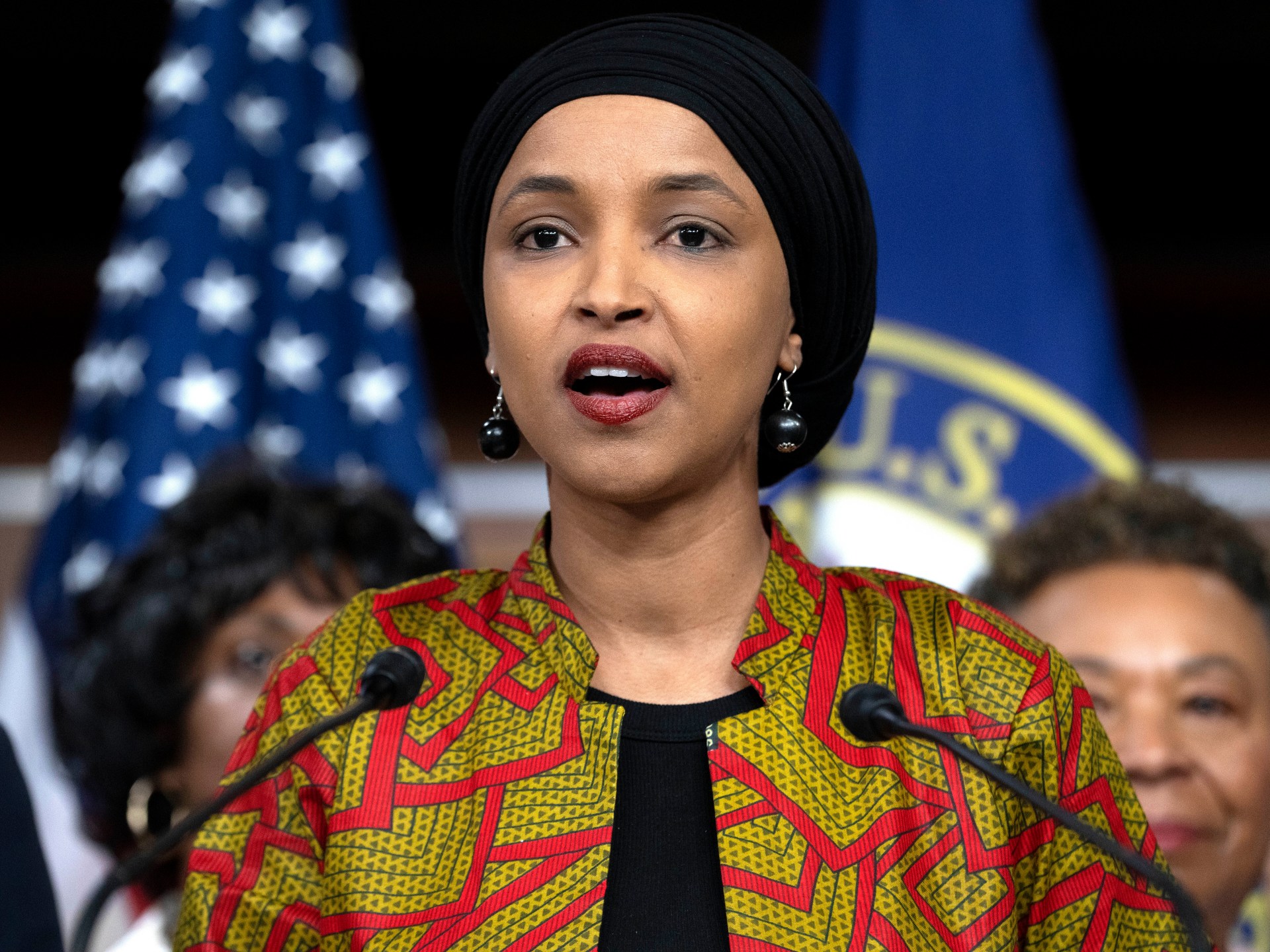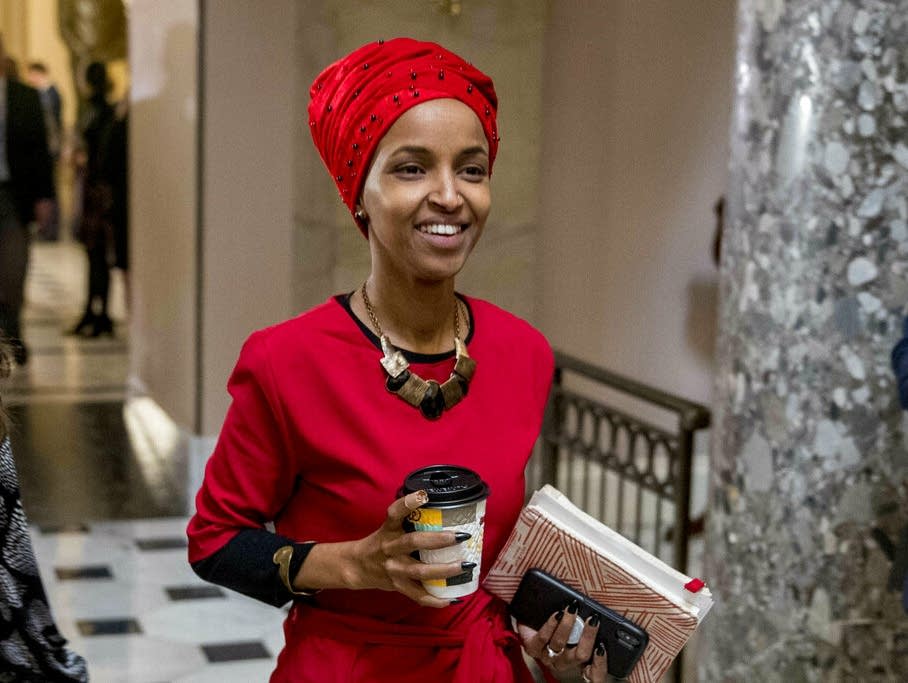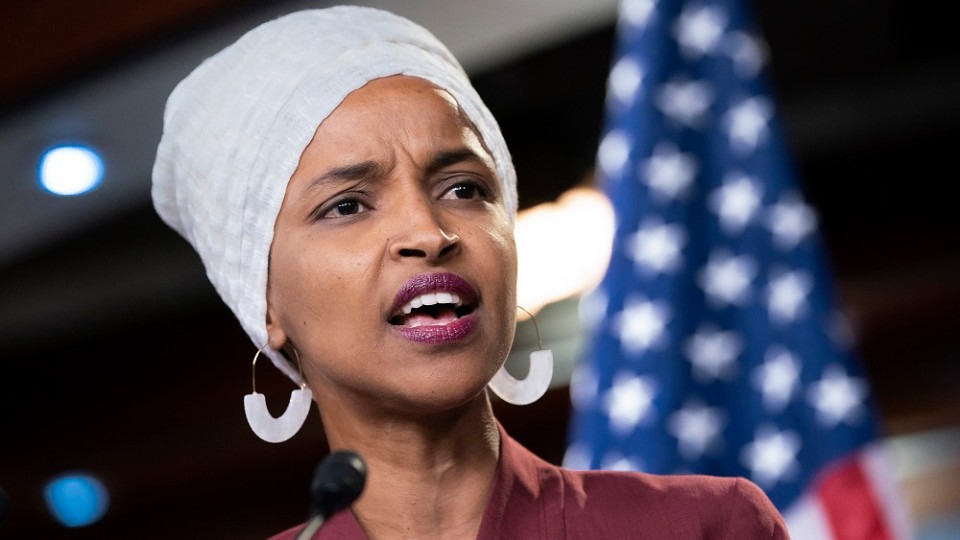A Major Development in the Feeding Our Future Case
Federal prosecutors have announced that Guhaad Hashi Said, a 49-year-old Minnesota political organizer and one-time state legislative candidate, pleaded guilty to conspiracy charges in connection with the state’s largest pandemic food program fraud.
Said admitted to conspiring to commit wire fraud and money laundering, acknowledging his role in misusing funds intended for the Federal Child Nutrition Program during the COVID-19 pandemic. Court filings show that between 2020 and 2022, he falsely claimed to serve thousands of meals per day to underprivileged children while diverting funds into personal purchases, real estate, and shell companies.
The total fraud connected to Said’s nonprofit, Advance Youth Athletic Development, is estimated at $2.9 million. He now faces a potential sentence of up to 25 years in federal prison.
Feeding Our Future: The Wider Case

The Feeding Our Future scandal is one of the most significant federal fraud investigations in Minnesota history. More than 50 defendants have been charged, accused of exploiting pandemic relief programs meant to fight child hunger.
According to the U.S. Attorney’s Office, the case has revealed a “staggering” network of fraudulent nonprofits and shell companies siphoning federal dollars. Acting U.S. Attorney Joseph H. Thompson described it as “a web of schemes targeting programs that were supposed to lift up Minnesotans and bleeding them dry.”
Political Ripples and Media Attention
While Rep. Ilhan Omar (D-MN) is not implicated in the Feeding Our Future case, Said’s past role as a campaign associate has drawn attention. Some political commentators and outlets have highlighted his previous ties to Omar to frame the scandal as politically significant.
It is important to note that no charges have been brought against Omar in relation to the fraud. Her office has not been accused of wrongdoing, and federal prosecutors have not connected her to the Feeding Our Future scheme.
Nonetheless, the guilty plea has reignited debate around Omar’s past controversies, including prior rulings by the Minnesota Campaign Finance Board that found improper use of campaign funds during her state legislative career. Those violations, totaling $3,469, were repaid years ago.
Renewed Scrutiny From Political Opponents

Republican lawmakers in Minnesota, including House Majority Whip Tom Emmer, have continued to call for investigations into Omar’s rhetoric and conduct. Earlier this year, remarks she made in Somali to constituents drew criticism when a translation suggested she prioritized Somalia’s interests over U.S. policy. Omar rejected the translation as inaccurate, insisting her words were misrepresented.
This latest guilty plea has provided fresh material for her critics. Political opponents argue that individuals within her orbit have displayed questionable ethics, even if Omar herself has not been legally implicated.
Supporters, on the other hand, counter that linking Omar directly to criminal cases involving former associates is unfair and politically motivated. They emphasize that fraud within Feeding Our Future has cut across many political and community networks, not just one.
Broader Questions About Oversight

Beyond partisan politics, the Feeding Our Future case raises larger issues about program oversight, transparency, and the vulnerability of federal aid systems to fraud. The pandemic created unprecedented opportunities to deliver aid quickly, but also exposed weaknesses in monitoring large amounts of emergency funding.
Lawmakers and watchdog groups are now asking:
-
How can federal and state agencies prevent similar abuses in the future?
-
What safeguards should be put in place to ensure relief funds reach those in need?
-
How should political campaigns vet associates and staff to maintain public trust?
Community Impact

The fraud has left many Minnesotans frustrated, particularly because the stolen funds were intended to feed children during a time of economic hardship. Community leaders have expressed anger that money for families struggling with food insecurity was diverted for personal gain.
At the same time, nonprofit organizations that operate legitimately worry that the scandal could erode public trust in charitable work. Ensuring that the guilty are held accountable is seen as crucial for restoring confidence in community programs.
Looking Ahead
Said’s sentencing will take place later this year. Federal prosecutors continue to pursue cases against dozens of other defendants tied to Feeding Our Future, signaling that the investigation is far from over.
For Rep. Ilhan Omar, the political fallout remains more about perception than legal exposure. While she has not been accused in the fraud, her opponents are likely to use the case as further ammunition in a contentious political climate.
Ultimately, the case is a reminder of the need for stronger oversight of public funds and a fair approach to political accountability—where facts, not speculation, guide judgment.
Conclusion
The guilty plea of Guhaad Hashi Said underscores the scale of Minnesota’s Feeding Our Future scandal and highlights broader concerns about program oversight. While political figures may face renewed scrutiny because of past associations, the legal facts remain clear: Omar herself is not implicated in the fraud.
As sentencing approaches and further cases proceed, attention will turn not only to the individuals convicted but also to how Minnesota and federal authorities can prevent such large-scale abuses in the future. The scandal is both a cautionary tale about oversight failures and a reminder of the importance of distinguishing between proven facts and political spin.
Sources
-
Associated Press – “Former campaign associate of Rep. Ilhan Omar pleads guilty in Feeding Our Future fraud case”
-
Star Tribune – “Feeding Our Future fraud probe nets dozens of guilty pleas”
-
U.S. Department of Justice – Official press releases on Feeding Our Future defendants
-
Minnesota Campaign Finance Board – Report on Ilhan Omar’s past campaign finance violations
